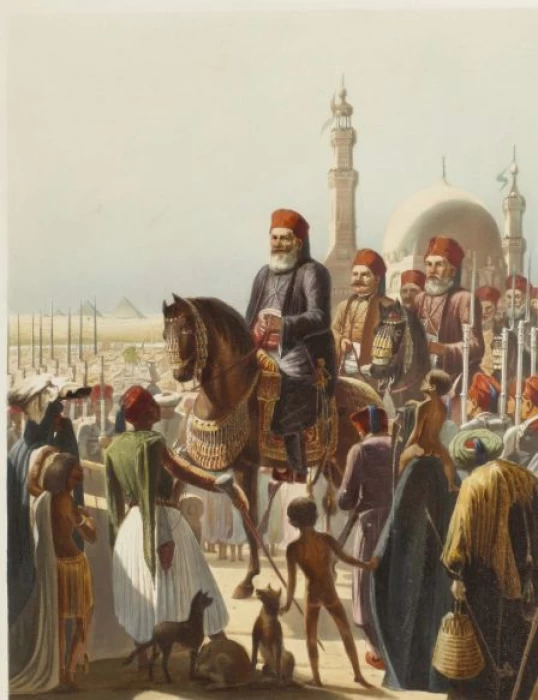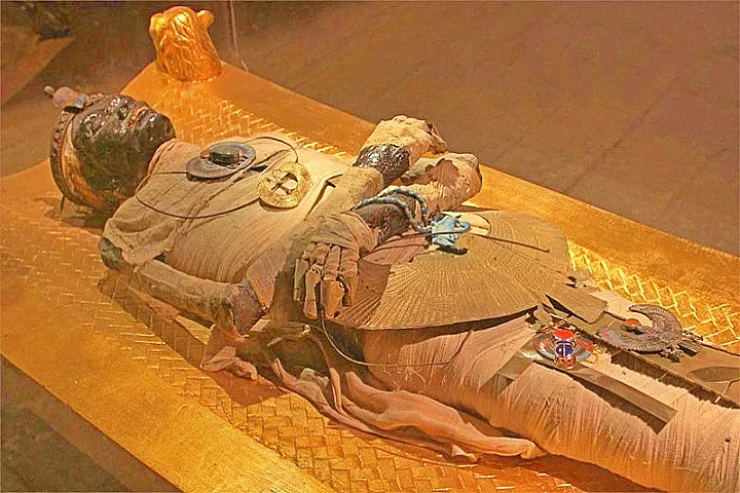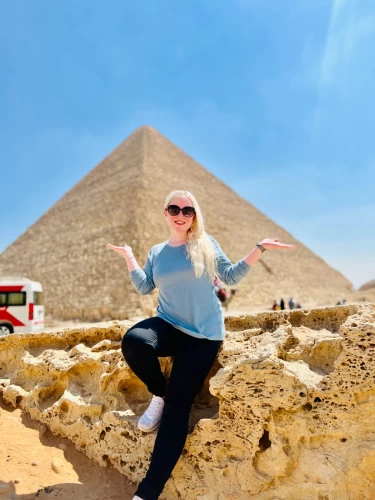
Foreigners who ruled Egypt
Foreigners who ruled Egypt
Egypt is located at the center of the world, at the confluence of the continents of the ancient world, Asia, Europe, and Africa, and is bordered by the Maghreb on the west side and the Levant to the east, as well as by the Nile Valley to the south, overlooking the Red Sea and the Mediterranean Sea,
and overlooks the Gulf of Suez and the Gulf Aqaba, and this site has given Egypt a great advantage and importance, as it connects the east of the Asian Arab world with its west, and the great river in it connects the east and west of the Arab world with the African Nile Valley, and thus it is considered a link between the continents of Asia and Africa.
The importance of Egypt's location has emerged since ancient times, as its location contributed to making it an eastern gateway to the Arab world, so all the campaigns that were targeting the Arab world, whether from the north through the Mediterranean or across the Sinai Peninsula in the east,
were all coming through Egypt, as it was Egypt represents protection for many Arab regions against the attacks that were targeting them thanks to its location. Middle Eastern countries, and African countries as well. first, we will talk about
1-Alexander The Great
Alexander the Great was born in the Pella region of ancient Greece, Macedonia, on June 20, 356 B.C., to his parents, King of Macedonia Philip II, and Queen Olympia, daughter of King Neoptolemus.
Alexander completed his education at Meza in 340 BC, and a year later, while still a teenager, he became a soldier and embarked on the first military expedition against the Thracian tribes. In 338 BC Alexander became in charge of the accompanying cavalry and assisted his father in defeating the Athenian and Thurian armies in Geronimo.
Alexander entering Egypt "Alexander" succeeded in conquering Egypt easily in 332 BC, and the Egyptians welcomed him, because they considered it salvation for them from the rule of the Persians, because they considered their knowledge of the Greeks who lived in Egypt and their knowledge of their morals and considered that the Greeks would be better than them.
Many Egyptians joined Alexander's army as mercenary soldiers. Alexander felt the sympathy of the Egyptian people with him, which encouraged him to draw close to them, as he visited Amun in the Siwa Oasis and made offerings, and the priests gave him the title of "Ibn Amun."
• Born in 1769 in Kavala, Macedonia (Greece). When he reached the age of ten, he worked with his father in the smoke trade and chartering ships, and he also succeeded his father in heading the irregular soldiers; He showed great courage.
He came to Egypt in 1799 as part of an Ottoman military division to work on expelling the French from Egypt, but the Ottoman forces were defeated in the "Abi Qir land" battle, and then he returned to his country.
He came again to Egypt in 1801 as part of the army of Captain Hussein, who came to help the British evacuate the French from Egypt. So his fame and high star spread among the Ottomans and among the general Egyptians. After the evacuation of the French campaign,
he was promoted to the rank of Sargishama (Major General), then he was nominated for the position of Head of General Command and Commander of the Palace Guard with the Governor-General. On July 9, 1805, the Ottoman Sultan agreed to the scholars ’request and appointed Muhammad Ali as governor of Egypt and dismissed Khurshid Pasha.
3-al-Muizz Li Din Allah
Al-Muizz Li Din Allah entrusted his leader, “Jawhar al-Siqli”, to lead the campaign he prepared to seize Egypt and annex it to the Fatimid state, which had previously succeeded in extending the influence of the Fatimids in all of North Africa.
When the army of al-Mu'izz arrived in Egypt, it did not find any hardship in its mission and entered the country's capital on Shaban 17, 358 AH / July 6, 969 CE, without any resistance, and after it had given security to the Egyptians. He founded the essence of the city of Cairo in 969 AD and established a large palace in it for the establishment of al-Muizz.
This palace was known as the “Great Eastern Palace”, and Al-Azhar Mosque was also established to be a platform for the Shiite mission. At the time of its establishment, Cairo was bordered from the north by the site of Bab al-Nasr, from the south to the site of Bab Zuweila and beyond, and to the east by the site of Bab al-Barqiya and Bab al-Mahrouq, the supervisors of Mokattam, and this area is known in our days of study, and it is bordered to the west by Bab Saada and what follows until the shore of the Nile.
















